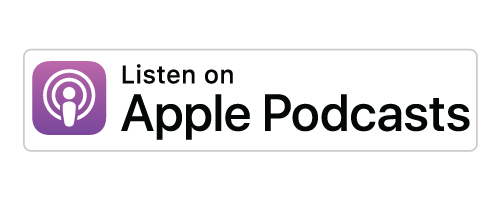Afternoon News Update for April 22, 2020
📷 VIU Arts & Science Builder / File photo by Jesse Woodward.
NANAIMO—Post-secondary students, who are struggling financially, can look forward to help from the federal government. Students will be eligible for $1250 dollars a month from May until August. And, they can claim an extra $500 dollars monthly, if they are disabled or caring for a dependent. Students who make $1000 a month or less, also qualify for the Canada Student Emergency Benefit. Students who volunteer will be paid between $1000 and $5000 a month. The Prime Minister says students may qualify for more than one benefit. The aid package announced today also includes the doubling of student grants, which means up to $6,000 for full time and $3600 for part-time students. The maximum weekly benefit through the Canada Student Loans program also rises from $210 dollars to $350. Ottawa will sweeten the pot by $290 million for graduate research scholarships and post-doctoral fellowships that are about to expire. The Canada Summer Jobs program is expected to create 116,000 jobs that the government says will focus on essential services including agriculture, food services, community service organizations and the health sectors. The Canadian Alliance of Students Association has said more than 2 million students were in dire financial straits even before the pandemic began. It is welcoming today's announcement.
Mayors from across Vancouver Island are calling on the province to restrict ferry travel over the May long weekend, to prevent the spread of COVID-19. North Cowichan Mayor Al Siebring spear-headed the effort, writing "there is compelling anecdotal evidence that mainland residents visited the islands and other coastal communities for recreation over the Easter weekend." However, the Premier says he is reluctant to place that type of restriction on people. John Horgan says "the May long-weekend is a thousand years away, and I hope, by the time we get there, we will be in a better place in terms of restrictions related to the pandemic."
New research, led by radiologists in Vancouver, may lead to another way of detecting and treating people suffering from COVID-19. The researchers believe x-rays and CT scans of people with the virus will lead to models that will help physicians determine whether patients are best treated at home or whether they need hospitalization or ventilation. They may also help detect COVID-19 in people who show no symptoms of the virus but are suffering other symptoms of seemingly unrelated illnesses. The theory will be tested at Vancouver General Hospital.
Have a tip? Email: news@chly.ca Find us on social media at Twitter: @lisacordasco / @chly1017FM
Funded by Sustaining Donors and the Community Radio Fund of Canada and Heritage Canada’s Local Journalism Initiative. Sustain CHLY’s News Department for many years to come by signing up for a monthly Sustaining Donation.





